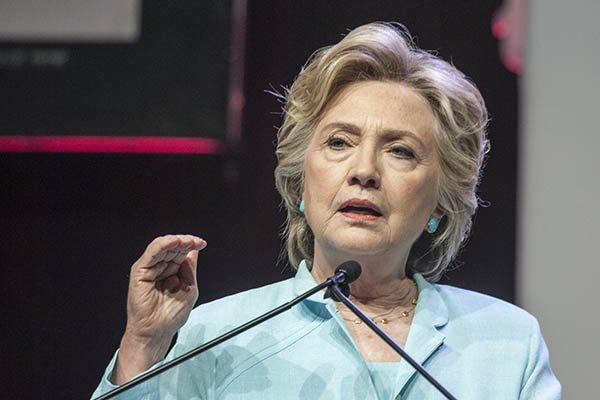How Would Proposed Tax Plans Affect the Country’s Economy?

We’re just days away from the election and it’s likely that most Americans will just be happy that it’s finally over, no matter whom or what they voted for. However, there are some very important things at stake in this election, including how each candidate’s tax proposals would affect our nation’s economy, as well as the affect on individual taxpayers’ pocket books.
The overwhelming belief is that Donald Trump’s tax plan would be simpler than the current code and that it would help the wealthy, while increasing the national debt. As you might expect, Hillary Clinton’s proposals would be basically the opposite. Her tax plan is reportedly more complex and it’s expected to increase taxes on just about everyone, with the wealthiest taxpayers absorbing the brunt of the increase.
However, that being said, neither candidate has to stick to his or her proposed plans if elected. Additionally, the bigger question is how would these plans really affect the economy if they were implemented? The nation’s debt is rising and it will likely continue to raise no matter which candidate is elected. That means people and businesses, especially small ones, will be footing the bill.
According to the Tax Foundation, which typically opposes tax hikes on the wealthy, Clinton’s plan to increase taxes on investment and businesses would likely reduce the size of economy by about 2.6 percent over 10 years. Much of that would come from her desire to increase the estate tax. According to the Tax Foundation that increase would likely cause wealthy taxpayers to invest lest money and thus would hold down the entire economy. That, in turn, would force the average income in the country to go down.
On the other hand, those who believe tax increases on the wealthy are favorable to the economy claim that the Tax Foundation’s estimates are exaggerated and that the economy would not be significantly damaged by Clinton’s proposals.
You also might like the article Trump, Clinton and the Wealthy—What’s at Stake
https://www.washingtonpost.com/news/wonk/wp/2016/10/13/what-hillary-clintons-tax-plan-would-really-do-to-the-economy/
http://www.forbes.com/sites/garrettgunderson/2016/10/13/clinton-versus-trump-how-their-tax-plans-will-affect-you/#76f963cd3346
Making Your Medical Deductions Count
Making Your Medical Deductions Count April 15th is almost here and if you are owing tax it may pay to take a second look at that return to see if you claimed all medical deductions you are entitled to. Your diligence in keeping track of expenses will pay off. IRS Publication 502 has a complete listing…
GROCO Warns of Common Tax Filing Mistakes
GROCO Warns of Common Tax Filing Mistakes Tax return anxiety is on the rise as the federal tax filing date looms. The prospect of filing an erroneous return increases as more rely on tax software to help prepare their returns. For the week ending March 28, more than 10,000 electronic returns were filed from home…
Loss on Sale of 1244 Stock
Have you considered a loss on sale of 1244 stock as a tax strategy? Ordinarily, a loss on a sale or exchange of stock is a capital loss. Capital loss treatment is generally less advantageous than ordinary deduction treatment because of the fact that a capital loss recognized by an individual is applied, first against…
Section 213 Medical, Dental, etc., Expenses
Section 213 Medical, Dental, etc., Expenses (a) Allowance of deduction There shall be allowed as a deduction the expenses paid during the taxable year, not compensated for by insurance or otherwise, for medical care of the taxpayer, his spouse, or a dependent, to the extent that such expenses exceed 7.5 percent of adjusted gross income.…




